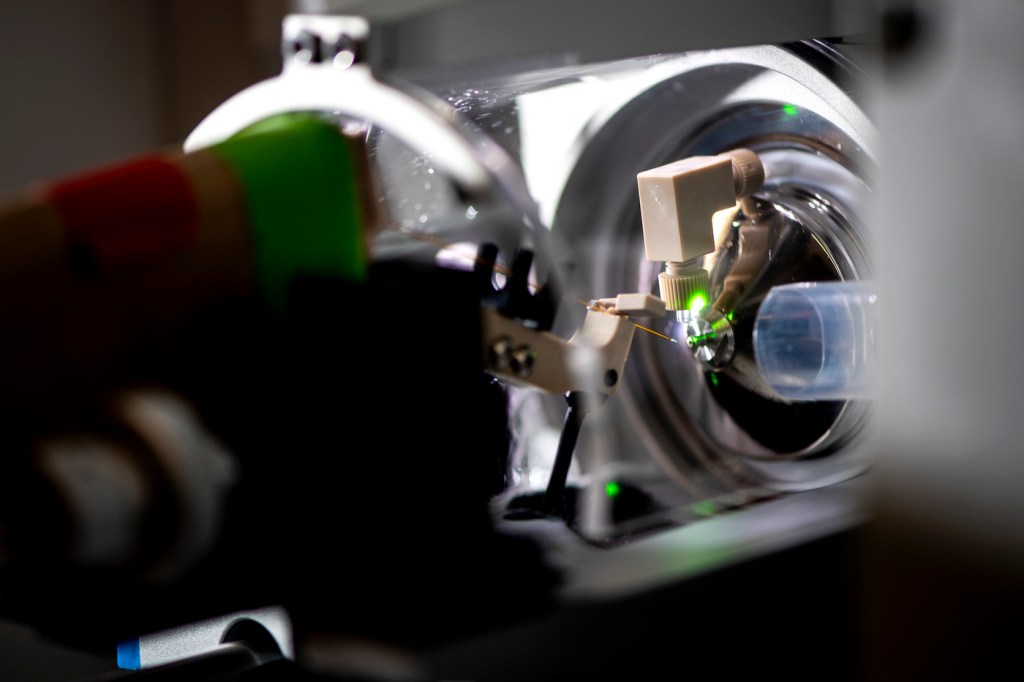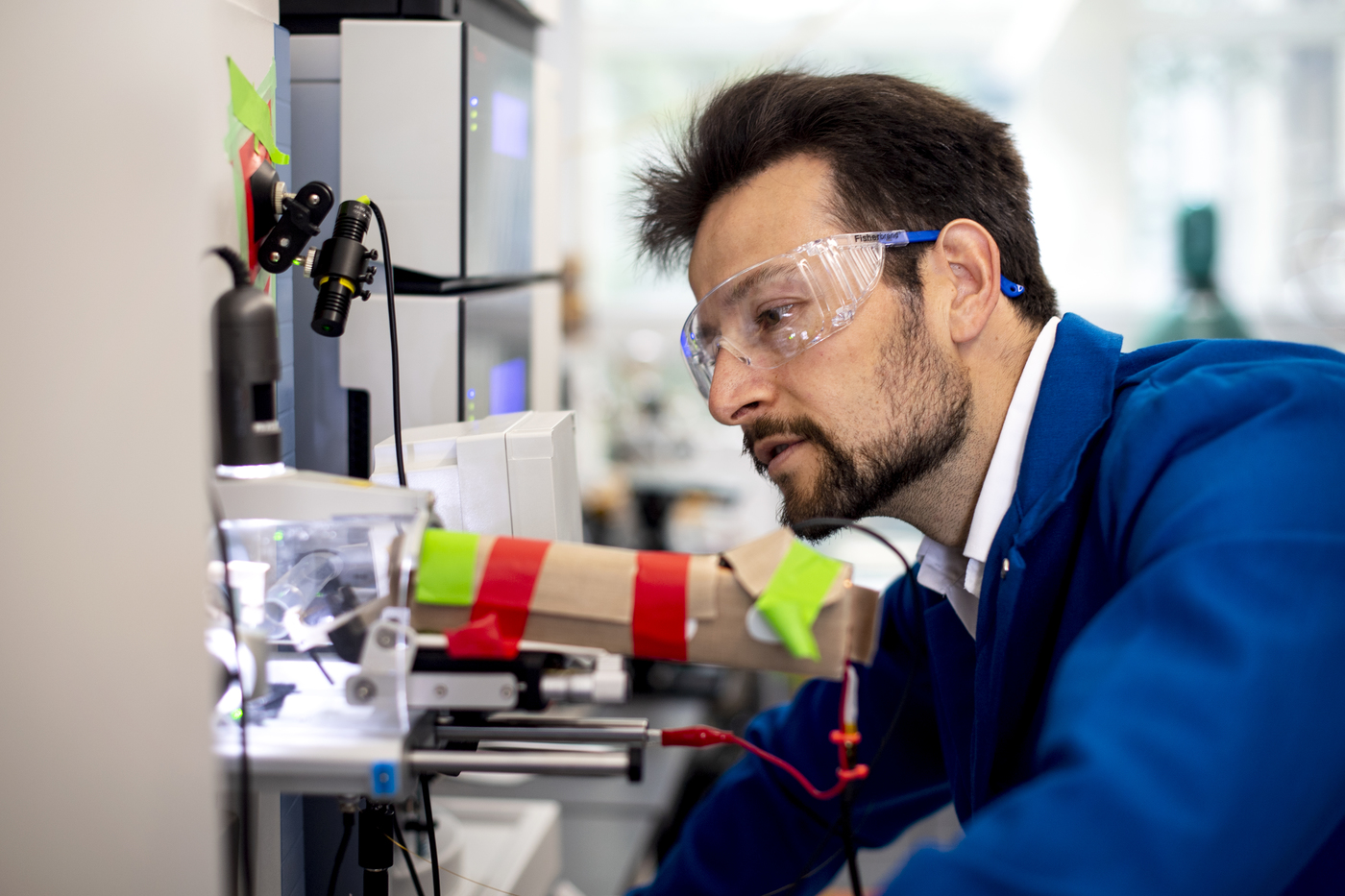What is the difference between Alzheimer’s and dementia?

Alzheimer’s and related forms of dementia are commonplace with the Centers for Disease Control and Prevention reporting that 5.8 million people in the United States live with these diseases. This number is expected to rise to 14 million by 2060.
But what is the difference between Alzheimer’s disease and dementia?
“Dementia is a global term that just refers generally to loss of memory or cognition impairments that people observe,” said Becky Briesacher, associate professor in the Department of Pharmacy and Health Systems Sciences at Northeastern University.

“Alzheimer’s disease is a specific disease. (Dementia) is more sort of a syndrome, meaning it’s large. It encompasses a bunch of different features,” Briesacher added.
According to the Alzheimer’s Association, Alzheimer’s disease is the most common type of dementia, caused by the growth of plaques and tangles in the brain that lead to the death of neural pathways.
But dementia can also be caused by neurodegenerative diseases like Huntington’s disease and Parkinson’s disease. Dementia can also be prompted by conditions that lead to lack of blood flow and oxygen to the brain (vascular dementia) or nerve loss in the frontal lobe known as frontotemporal dementia.
“Every neurodegenerative disease can cause dementia,” said Nikolai Slavov, associate professor of bioengineering in the College of Engineering at Northeastern University. “The other diseases occur at a lower frequency and that’s why they’re less well known and talked about.”
With Alzheimer’s being the most common of these diseases, many might wonder: What can you do to prevent Alzheimer’s disease?
Unfortunately, there’s no simple answer. There are genetic risk factors at play, Slavov said, as well as ones affected by lifestyle choices. Science has not determined which outweighs the other.
There’s a number of factors associated with a lower risk of getting dementia, such as higher education levels and eating a Mediterranean diet, which focuses on whole grains, fruits, vegetables and healthy fats.
“Active lifestyle, exercise and healthy living tend to delay the onset of Alzheimer’s disease and decrease the probability,” Slavov said.
Age is an important risk factor as well. People are more likely to get dementia the older they get. But what’s the difference between normal forgetfulness and a more serious problem? Briesacher puts it like this: It’s normal to forget the name of a distant acquaintance. But it’s not normal to forget a close family member or friend.
“It’s a consistent lack of memory, not that once in a while, not being able to remember things that you used to remember,” Briesacher adds. “That’s why typically what we notice (as an early symptom) is people getting lost. They can get lost in very familiar places that they generally know but they can’t access the familiarity anymore.”
This memory loss progresses to the point where patients are not able to function independently, Briesacher said.
“Dementia is progressive,” she added. “It starts up mild, just a couple of different symptoms, and then it goes downhill and you never get better. It’s chronic and you’re only going to get worse.”
There’s nothing to reverse memory loss. Slavov said a lack of understanding of the molecular mechanisms of Alzheimer’s specifically have made it difficult to address. But there are treatments to slow the progression.This research and resulting treatments may help patients who have dementia from causes other than Alzheimer’s.
“If we understand the mechanisms (of Alzheimer’s), I think that it might be effective in other forms of dementia such as Huntington’s disease or other diseases, then it can be tested there as well,” Slavov said. “It’s not out of the question that there could be a reversal to some degree. It’s not clear that this is possible, but … if we can decrease inflammation and improve the physiological condition of the remaining neurons, perhaps it’s possible to have a treatment that results in improvement.”
Erin Kayata is a Northeastern Global News reporter. Email her at e.kayata@northeastern.edu. Follow her on X/Twitter @erin_kayata.






